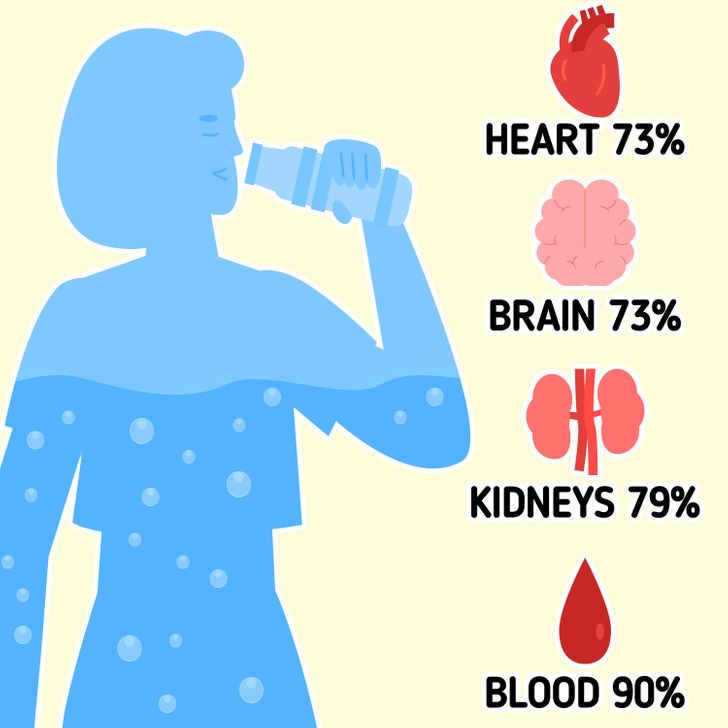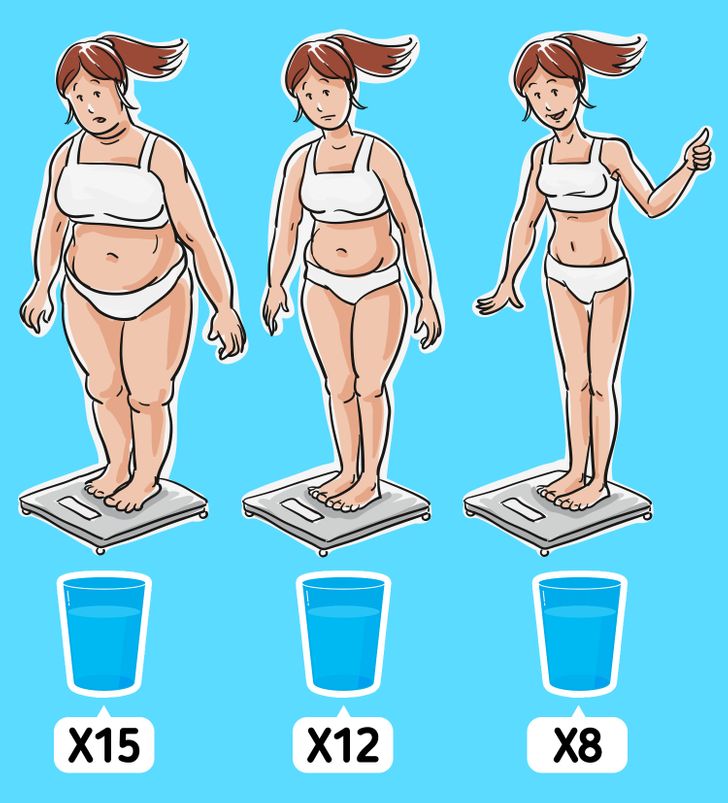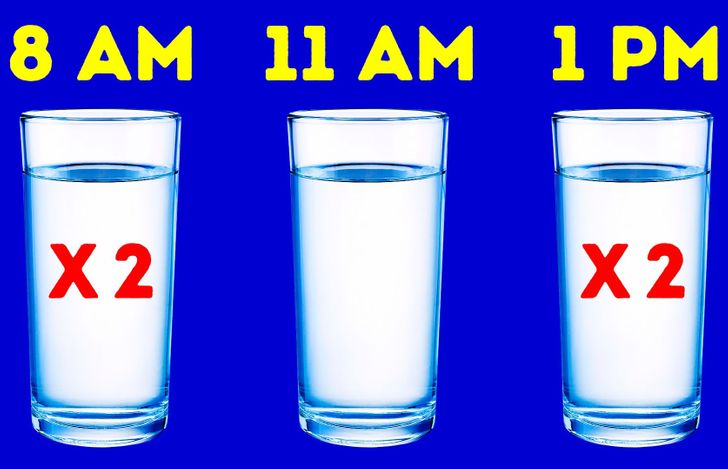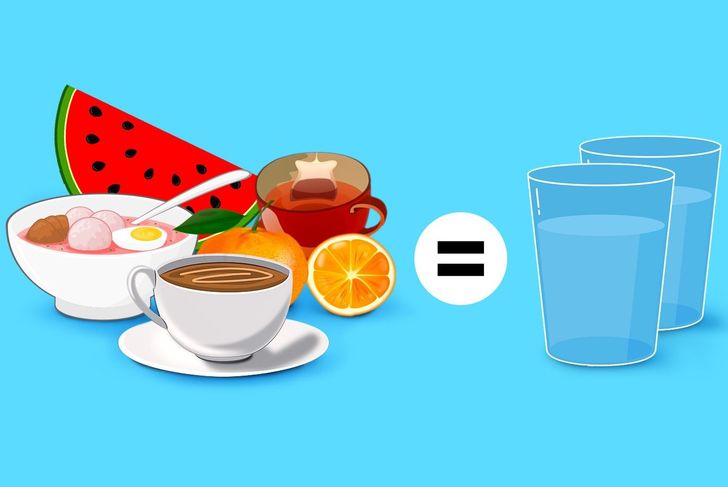Every year, people drink more than 4 trillion cubic meters of freshwater. You have probably heard that you only need to drink 8 glasses of water a day for all the processes within your body to work well.
However, the number is not entirely correct, and in this article, we will explain how things really are. We want to share the formula with you. This will help you identify how much water to drink each day.
How The Myth About The Standard “8 Glasses Of Water A Day” Came To Be

All of our organs are made up of water: the heart and brain are 73% water, while the lungs are 83% water, for example. The idea that a person has to drink 8 glasses of water a day to keep these organs and the whole body hydrated is quite popular.
However, these 8 glasses we hear so much about are not a rule, but a mid-range suggestion. It probably became popular because it seems to be a golden mean for everyone. In fact, your body may need more or less water.
Factors That Influence The Amount Of Water You Need

Sex and age: At different ages, our body contains a different amount of water. Therefore, you need a different amount to stay hydrated. Different sexes also contain different amounts of water in the body.
Weight: Studies say that adults with a higher body mass index are more likely to remain dehydrated. Besides keeping you properly hydrated, water can also help you lose weight.
Environment: if you live in a warm climate, you obviously need more water; And if you live near the sea or ocean, where the humidity is higher, your body will need it less.
Exercises: If you are an athlete or just exercise regularly, you will sweat more than a person who has a fixed occupation. Therefore, you must replace the fluid that you lose.
In addition, we must not forget the special conditions, such as:
Pregnancy and breast-feeding: During pregnancy, studies suggest that women should drink more water than normal.
READ RELATED: Blackberries, Onions, Red Wine: Flavonoid-Rich Foods To Combat Flu And Common Cold
Overall health condition: Things like fever or diarrhea cause the body to lose water faster than normal. It is important to drink water to avoid dehydration.
How To Calculate The Amount Of Water You Need

There is a formula that will help you calculate the amount of water your body needs:
The amount of water in liters you need to drink per day is equal to your weight in kilograms multiplied by 0.033.
After calculating the amount, you can make a schedule that will help you remember to drink the amount of water you need.
For example, it’s best to start your day with a glass or two of water on an empty stomach. Among other things, water in the morning increases your energy and speeds up your metabolism; thus, it will help you to be well and happy all day.
Note: As mentioned above, different conditions can influence this data, so it is important to listen to what your body tells you.
Products That Can Substitute Water

Although experts suggest drinking plain water to get all the fluids you need, some people cannot drink as much water during the day.
People can replace part of their water intake with different fruits and vegetables that contain a lot of water. Watermelon, orange, and cucumber are made with more than 80% water.
And different soups and drinks, like coffee or tea, can also replace multiple cups of water.
Did you know the exact amount of water needed per day? Is drinking regularly part of your routine? Let us know in the comments below.
Source: crfatsides










